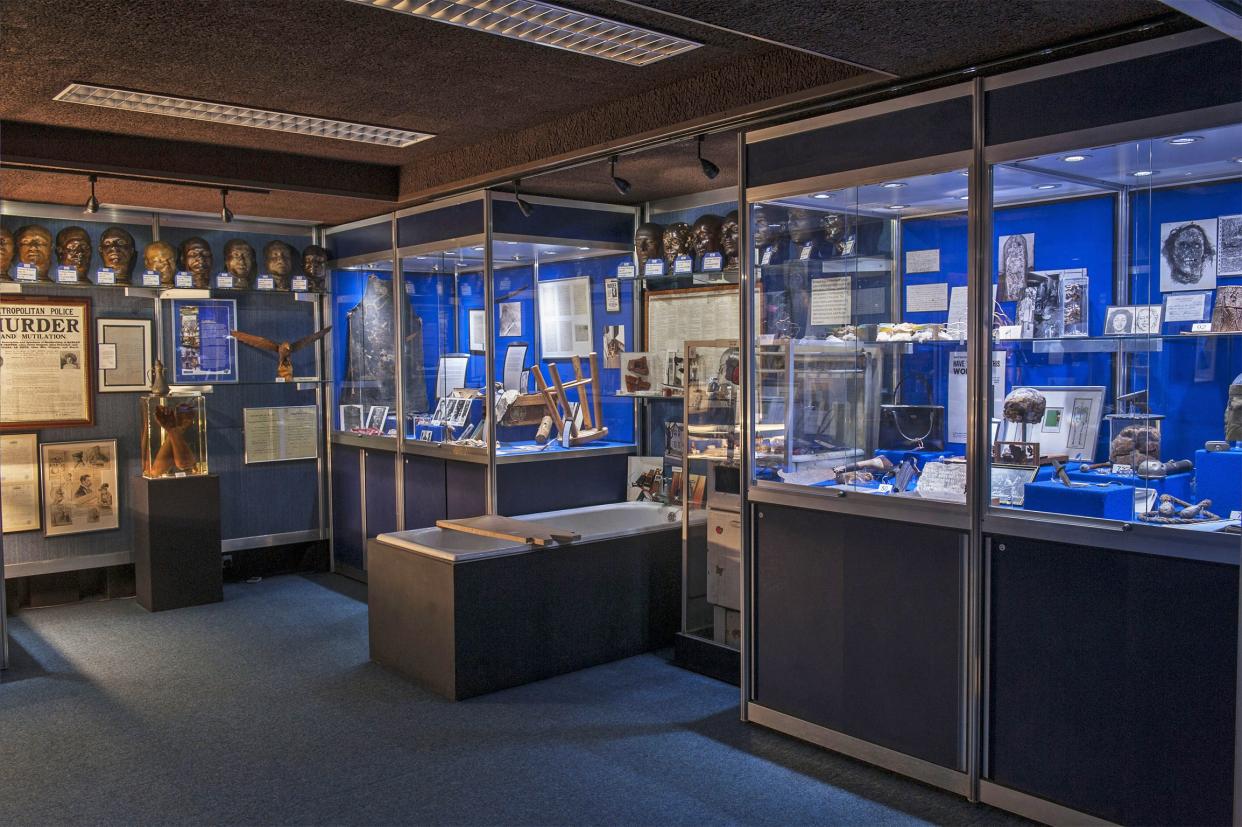German police amputated criminal's hands after London requested fingerprints, says minister

German police sent a criminal's severed hands to the UK when asked for fingerprint samples, a government minister has claimed in what appears to be a reference to a 1950s murder case.
Tory MP Kit Malthouse relayed the grisly incident during a debate on a new bill which seeks to boost the powers of the watchdog monitoring forensic science laboratories.
The crime and policing minister said it took place during the "early days of fingerprinting" - a reference to the identification technique which was developed at the end of the 19th Century and was first used by Scotland Yard in 1901.
Mr Malthouse told MPs: "I just wanted to share a small anecdote with the House.
"In the early days of fingerprinting, the Metropolitan Police were in pursuit of a particular criminal who was apparently apprehended in Germany.
"They sent away to the German police to ask for this criminal's, he sadly deceased, fingerprints to be sent so they could close the case.
"And the German police amputated his hands and sent them whole and they sit in a jar of formaldehyde in the Met Police's crime museum to this day."
Labour MP Rupa Huq commented: "Goodness me. We live and learn. You learn a new thing every day. What a gory story though."
Mr Malthouse did not give any further details about the case but the most likely candidate for the owner of the severed hands is the British murderer John Donald Merrett, also known as Ronald Chesney.
Merrett drowned his wife Veronica Bonnar and her mother Lady Mary Menzies at their home in Ealing, London, in February 1954.
He fled across the Channel to Germany but days later, knowing he was wanted by police, decided to kill himself. His body was found in a wood near Cologne.
According to 'Murders of the Black Museum', a book about the Met Police's collection of exhibits, British police asked their German counterparts to check Merrett's arms for scratches inflicted by one of his victims.
The arms were then cut off and sent to London, where they were exhibited at the inquest into the killings before being stored away in the museum in a tank of formaldehyde.
In a review of the museum's exhibits ahead of a public display at the Museum of London in 2015, the Independent reported: "A request for set of fingerprints from a murderer thought to have committed suicide in Cologne in the 1950s resulted in German authorities severing his arms and returning them to central London. They are now on display, cut from the elbow down."
The Forensic Science Regulator and Biometrics Strategy Bill was introduced at the second reading by Labour MP Darren Jones.
Mr Jones said: "Poor quality forensics, as noted by the regulator, has without doubt led to failed prosecution of criminals and a failure to secure justice for victims.
"The first step in fixing it is to enable the regulator to enforce effective standards, which I hope the House will support me in doing today."
Mr Malthouse confirmed the government's would support the Bill. It received an unopposed second reading.
Additional reporting by Press Association
Read more
New mobile fingerprint device lets police identify suspects in less than a minute


